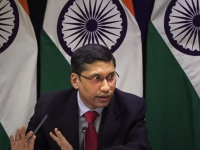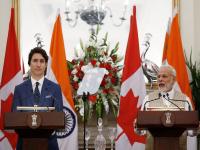China's hand in Nijjar killing in Canada? Blogger alleges Chinese conspiracy ‘to frame India’
By Lokmat English Desk | Published: October 9, 2023 04:32 PM2023-10-09T16:32:08+5:302023-10-09T16:32:08+5:30

Alleging that the agents of the Chinese Communist Party (CCP) were involved in the killing of separatist leader, Hardeep Singh Nijjar, in Canada, an independent blogger, Jennifer Zeng, has said that China's "purpose was to frame India creating discord between India and the West".
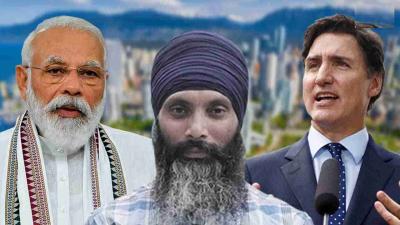
She also alleged that it was a part of the CCP's sinister "Ignition Plan" to disrupt the world in line with Xi Jinping's military strategy regarding Taiwan.

Jennifer Zeng is a Chinese born rights activist, journalist who is currently living in the US.
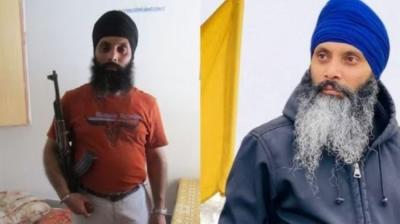
In a video posted on the social media platform, X, Zeng dubbed the killing of Nijjar as an assassination claiming, "Today shocking revelations about the 'assassination ' of Sikh religious leader, Hardeep Singh Nijjar, in Canada have emerged from within the CCP. It is alleged that the 'assassination' was carried out by CCP agents."
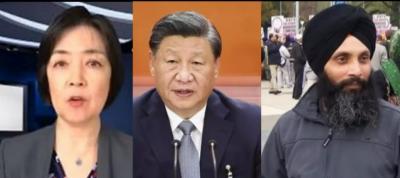
On 18 June 2023, Hardeep Nijjar, a designated terrorist in India, was shot and killed in the parking lot of the Guru Nanak Sikh Gurdwara in Surrey, British Columbia.
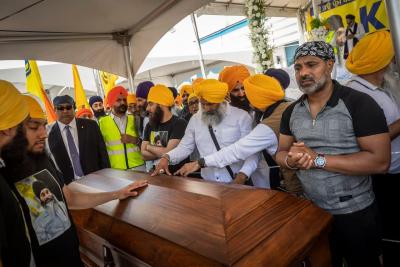
"Lao stated that in early June this year as part of their disruption initiative 'Ignition Plan', the CCP Ministry of State Security sent a high-ranking official to Seattle, USA. A secret meeting was held there...The objective was to sabotage relations between India and the West," Zeng claims in the video posted on X.
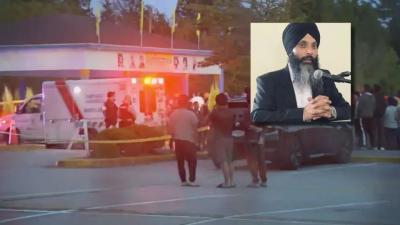
Nijjar was originally from a village in Jalandhar, Punjab, and migrated to Canada in the mid-1990s.According to The Tribune, Nijjar was arrested in India in 1995 amidst a crackdown on an armed insurgency in Punjab.
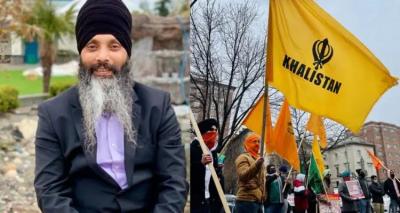
Nijjar arrived in Canada on 10 February 1997, using a fraudulent passport that identified him as "Ravi Sharma", and made a refugee claim.

In a sworn affidavit, he indicated that his brother, father and uncle had all been arrested, and he himself had been tortured by police.
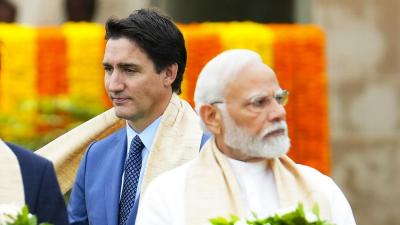
His claim was rejected, as officials thought his documentation was partially fabricated;[20][18] officials suspected that a letter, supposedly written by an Indian physician and attesting to his torture, was forged.




















